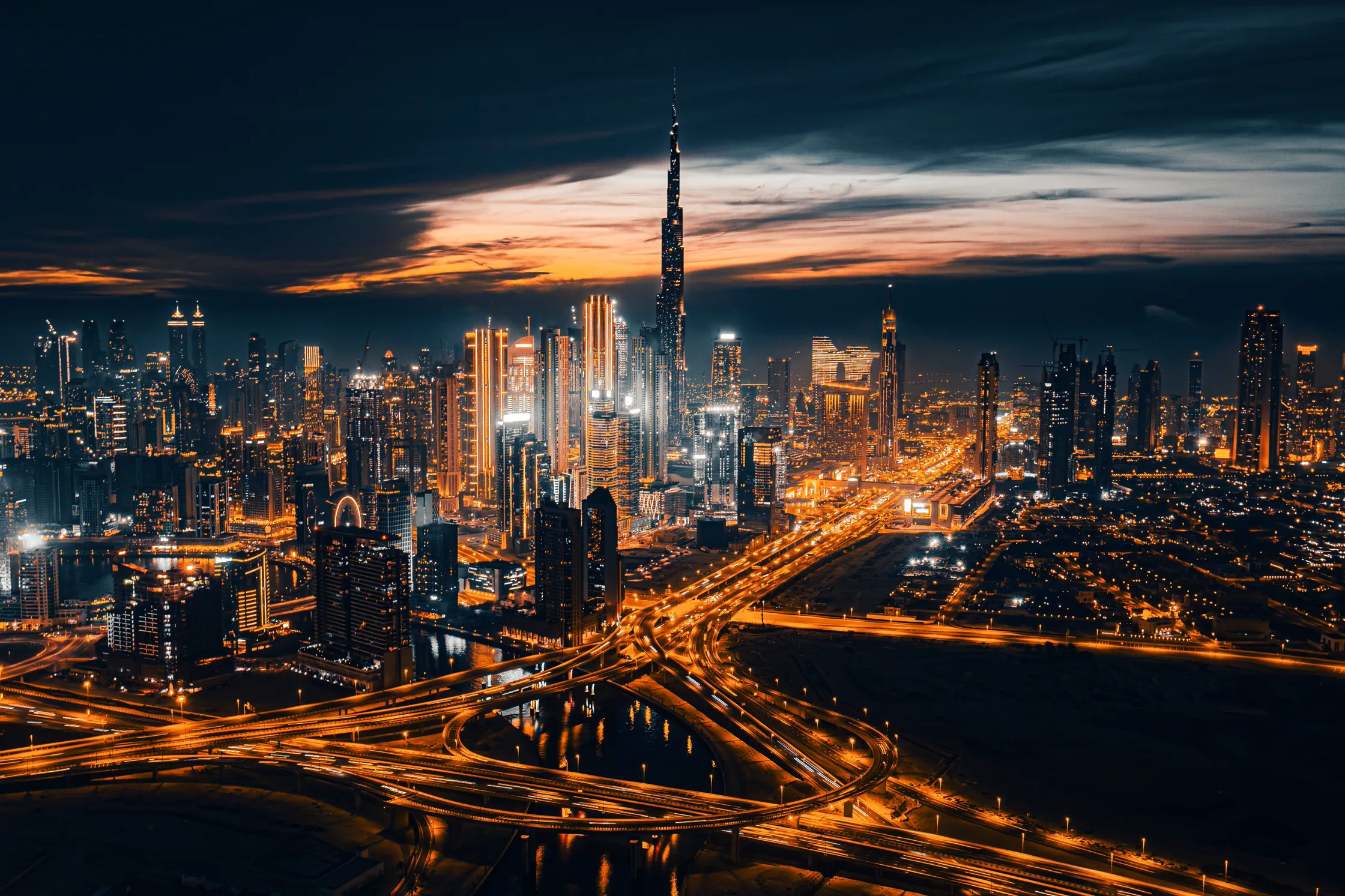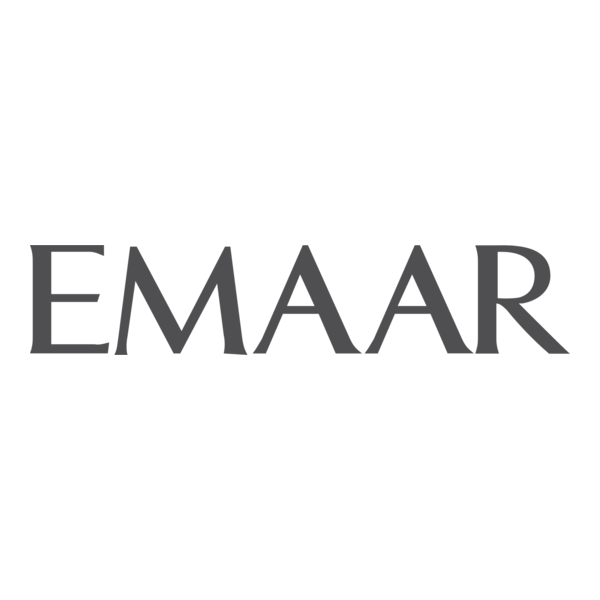Why Global Investors Choose to Invest in Dubai: Perceptions & 2025 Updates

Recent headlines underscore Dubai's undeniable rise as a global powerhouse. For those looking to invest in Dubai, the emirate offers compelling reasons, from its high-performing real estate market and record-breaking tourism to its unwavering status as a safe haven for international wealth and talent. This deep dive explores why investors, families, and entrepreneurs are increasingly choosing Dubai as a long-term destination, fuelled by strong economic fundamentals and strategic government initiatives in 2025.
Why Global Investors Choose Dubai Property Investment
Dubai's property market is making headlines by consistently outperforming established global centres like London and New York. To invest in Dubai real estate in 2025 means tapping into the city's superior rental yields, which average around 7%. This figure is significantly higher than those found in most other major metropolitan markets. This financial appeal is bolstered by double-digit price increases across the property sector, signalling strong and sustained growth, especially in residential apartments and luxury residences.
The combination of high returns and robust capital appreciation has cemented Dubai's reputation as a top-tier destination for Dubai property investment. Unlike the volatility seen elsewhere, Dubai's market demonstrates resilience and a clear upward trajectory, capturing the confidence of a diverse international client base seeking valuable Dubai investment property.
Dubai: A Safe Haven for Global Capital & Talent
Beyond its economic appeal, Dubai has emerged as a critical sanctuary for individuals and families seeking stability amidst global uncertainty. The city's reputation for safety, political neutrality, and a high quality of life has attracted a significant influx of new residents. This includes a notable wave of individuals seeking secure environments, leading to terms like 'Dubaisk' to describe growing communities.
This perception as a safe harbour is a core component of Dubai's modern identity. The government's proactive and welcoming visa policies, coupled with a secure environment for business and living, have made it a magnet for talent and capital fleeing less stable regions. Streamlined processes for Dubai property purchase and investment further solidify this appeal, enriching the city's multicultural fabric and injecting new demand into the economy.
Driving the Tourism Boom: Impact on Dubai Real Estate
Dubai's tourism sector is experiencing unprecedented growth, further enhancing its global standing. In the first half of 2024 alone, the emirate welcomed a record 9.31 million international overnight visitors, a 9% increase compared to the same period in 2023. This remarkable performance underscores the success of the city's strategic vision and its diverse appeal to a global audience, promising continued growth through 2025.
The visitors are driven by a mix of leisure, business, and large-scale events, with key source markets including Western Europe, South Asia, and the CIS. This growth is a key component of the Dubai Economic Agenda D33, which aims to establish Dubai as one of the world's top three tourism destinations and a top four global financial hub by 2033. The agenda includes 100 ambitious projects designed to double foreign trade and cement the city's economic leadership.
Tourism's Positive Impact on Dubai Real Estate Investment
The surge in international visitors has a direct and positive effect on the real estate sector. The most immediate impact is the heightened demand for Dubai short-term rentals and Dubai holiday homes, allowing property owners in popular locations to generate significant rental income.
Furthermore, tourism acts as a powerful catalyst for long-term investment. Many individuals who first visit Dubai for a holiday or business trip are captivated by the lifestyle and opportunities. This experience often leads them to consider investing in Dubai investment property and, in many cases, relocating permanently. This conversion of tourists into residents and investors provides a steady stream of demand that supports sustainable growth in the real estate market.
Dubai: The Premier Destination for Global Wealth in 2025
A fundamental shift in global perception now positions Dubai not merely as a transitional "pit stop," but as a final destination for the world's wealthy. Projections indicate a massive surge in millionaire migration, with an expected 7,100 new high-net-worth individuals relocating to the city in 2025 alone, bringing an estimated USD 7.1 billion in capital.
This trend reflects deep confidence in Dubai's long-term economic and social stability. The city has successfully created an ecosystem that caters to the needs of global wealth, offering sophisticated financial services, luxury real estate, and a secure, cosmopolitan lifestyle. As a result, affluent individuals and families are choosing to make Dubai their permanent base, cementing its status as a premier global wealth hub for those who invest in Dubai.
Key Source Markets Driving Dubai's Tourism Success
The 9.31 million visitors in the first half of 2024 came from diverse regions, highlighting Dubai's widespread international appeal. The key source markets were:
- Western Europe: 1.89 million visitors (20.3%)
- South Asia: 1.62 million visitors (17.4%)
- CIS & Eastern Europe: 1.37 million visitors (14.7%)
- GCC: 1.27 million visitors (13.6%)
- MENA: 1.09 million visitors (11.7%)
- North-East and South-East Asia: 896,000 visitors (9.6%)
- Americas: 617,000 visitors (6.6%)
- Africa: 404,000 visitors (4.3%)
- Australasia: 154,000 visitors (1.6%)
Conclusion: Dubai's Unrivalled Appeal for Investors
The global headlines are unanimous: Dubai's strategic initiatives have transformed it into a leading destination for investment, tourism, and long-term residency. By outperforming established markets, offering a safe and stable environment, and attracting a new wave of global wealth, the emirate has moved beyond being a regional hub to become a true global centre of gravity. For those looking to invest in Dubai and for residents alike, Dubai is increasingly seen not just as a place of opportunity, but as the ultimate destination.
Get Your Free Dubai Investment Guide
What's Inside:
- ✓8+1 reasons international investors buy in Dubai
- ✓Market overview – the numbers you must know before investing
- ✓Off-plan vs Ready – what are the advantages?
- ✓Top 6 emerging locations for off-plan investment
- ✓Golden Visa – frequently asked questions answered
Your information is private. We never spam.







